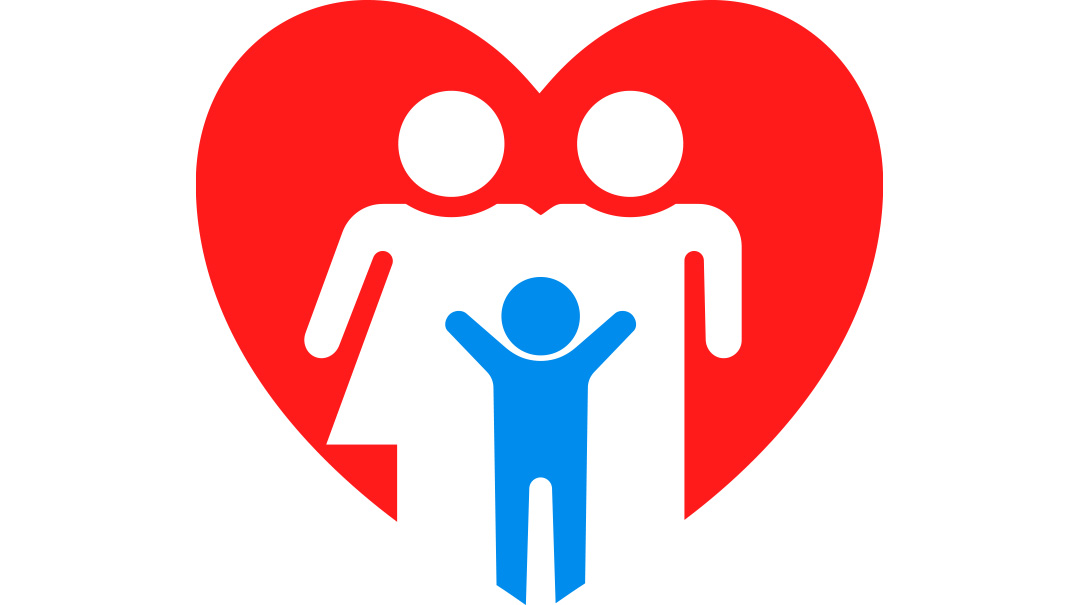Chayale’s Story
| July 5, 2022Success left me flying high — and then I’d crash

Chayale Kaufman is the cofounder and owner of The Jewish Content Network and Consult Write Media, where she and her team create and execute large-scale marketing campaigns for businesses and organizations. She has 18 years of experience in the industry and thousands of campaigns behind her. As a mother of seven kein ayin hara, Chayale has built her life around impacting with meaning.
Chayale’s Story
Memories of the restaurant I was sitting in stand out in my mind in perfect detail. I distinctly remember the dim lights and the wood-paneled walls opposite our table. I was sitting with my husband — we’d gone out for the night. That’s not an unusual occurrence, but the circumstances around it were.
That night, I had a realization that changed my business, my life, myself. It was as if a lightbulb had switched on in my head and suddenly, I understood the cause of the inner distress I’d been feeling for years.
But first, some context. I founded two companies over the last eight years, The Jewish Content Network and ConsultWrite Media. I love what I do, but at some point, the work made me really stressed. I put my entire heart and soul into my work, staying up late, working overtime — whatever is needed to give the campaign the best possible chance of being a resounding success.
But I’d become so bound up in the campaigns that when one of them inevitably failed, I felt like a failure. I doubted my self-worth. And when a campaign succeeded, I felt like a smashing success, I was flying high… only to be left with a low feeling of uselessness the morning after the campaign was over. Suddenly, I was no longer in the picture, and the project that had taken up my entire headspace for months was old news. That “next-morning low,” as I termed it, accompanied me like a heavy cloud wherever I went.
One particular campaign stands out in my mind. It had been a big project with some stressful periods, but I’d gone all out — and then some — and it was a resounding success. For weeks, I dreamed about this campaign. The morning after, the “low” hit. I felt down and empty.
I guess the people around me noticed, because my husband said, “That’s it, Chayale. We’ve got to talk.” And that’s how we found ourselves in the restaurant, facing each other. My husband implored me, as he had many times over the past years, not to take my work so to heart. “It’s not healthy, Chayale,” he insisted. “You have to let it go.”
But I just wasn’t getting it — until he took out a napkin. He divided that napkin into four parts, and said, “Your business is one part of your life, Chayale. You’re also an amazing wife — that’s at least another 25 percent. You’re also a loving mommy — that’s another 25 percent. And the remaining quarter is for all of the other roles you play: daughter, sister, friend. Don’t you see — your business is a part of your life. It is not your entire life. And your self-worth isn’t tied to your clients and their campaigns, whether they succeed or fail.”
I’m not sure why the napkin visual was so powerful, but finally — finally! — something clicked.
I realized I’d been equating my personal feeling of success, my self-definition, with my business. If a campaign wasn’t as successful as expected, I was a failure. And even if it was successful, the next day I felt worthless. I’d been eating myself up from the inside out. I was so tied up with my clients’ work that I had trouble separating the success or failure of the campaigns from the success or failure of myself as a human being.
That night I realized that a successful client or campaign doesn’t equal ME as a success, and a failing campaign doesn’t equal ME as a failure.
You know, sometimes the people who come across as the most confident are really lacking confidence on the inside. I was always the kind of person who came across as confident, and I was very confident in my abilities — but I didn’t have that strong, internal, unshakeable confidence in who I was as a person. It took my husband a few years, but I eventually had that lightbulb moment.
I finally stopped attaching so much self-definition to the campaigns. It felt liberating, like a huge weight had been lifted from me. I was flooded with relief, and business became a lot easier. Instead of going on such an emotional roller coaster with each campaign, I was able to stay centered in my self-worth. Do I still find myself occasionally tying my self-worth to my business? Yes. Do I sometimes get drawn into an emotional spiral? Sure. But that night, something shifted within me.
My biggest mistake in business was an internal mistake. It was the mistake of allowing my self-worth to be tied to something outside of me, something that I couldn’t control. I could only do my part, which meant doing my absolute best with everything in my power to ensure a client’s success. More than that I couldn’t control.
Now, each time I fall into the old pattern, I’m able to recognize it, bring in my new perspective, and reaffirm my unshakeable sense of self-worth.
What I’d tell my younger self:
Number one, failure will happen. It’s inevitable. There are times you’ll feel like you’re in this deep, dark place — and you won’t always see light right away.
For many years I was in sales, and there were days when I’d leave the office with not even one new prospect after hours of cold calling, feeling very disappointed and discouraged. But there were other days when I did succeed, and I saw the light shine through.
Success doesn’t come overnight and it takes grit, determination, and a strong mindset. Know that your down days are not there to bury you — they’re there to drive you to the next level.
Second, when failure inevitably does come, de-personalize those failures as much as you can. It’s not about you and it doesn’t reflect your inherent self-worth. You’re valuable and successful when you show up and do your best work, regardless of the particular ups and downs of your business. Only with a strong, inner conviction of your self-worth can you withstand the ebb and flow of being an entrepreneur.
My favorite way to spend time with family
Just being home — together
Most important soft skill in business
Understanding nuances in people
If I could meet one entrepreneur who is no longer alive, it would be
My grandmother whom I never met. She opened a store in Toronto in the 1960s. She was so brave — which woman did that way back then? She lost her husband and still continued to push through with her business. She was unusually friendly and warm, and everyone loved to come in and hang out in her store. She made enough money to support her family for the next ten years until she passed away. She was honest, efficient, and loved by everyone.
My most memorable moment
Becoming a mother and realizing that this child is mine to nurture and love
The office item I always keep on hand
Ear pods!
Fay’s Take
Defining our self-worth by external circumstances is something we all do — and it’s one of the main reasons we hold back from growing and expanding. We have a tendency to create “equations” — if/then statements — around our self-worth. For example, we might believe that if this endeavor fails, then I’m a failure. Or, if I ask and they say no, then I’m undesirable. If you’re operating with these equations, even subconsciously, there’s going to be a lot of fear when you think about putting yourself out there and taking risks that can result in rejection or failure.
One of the most important things to develop as an entrepreneur — and also as a person — is a strong self-image. Having a rock-solid, unshakeable self-image will allow you to take bigger risks, put yourself out there, and pursue big dreams.
So the question becomes: How do we develop this rock-solid sense of self-worth where our self-image is untied to specific failures and successes?
The answer lies in what we say to ourselves. Listen closely and try to catch your if/then statements where you are attaching meaning to your inner self-image based on external circumstances. These statements can come up in all areas of your life. “If I ask my friend for a favor and she says no, then I’m too needy.” “If I share something meaningful with someone else and they don’t value it, then what I share is not valuable.” When you catch an if/then statement, replace it with a positive self-image statement that has no ifs, ands, or buts.
We need to start breaking down the false and limiting “equations” that keep our self-worth dependent on our successes or failures, and replace them with statements that affirm our self-worth regardless of outside circumstances. When your self-worth comes from your inherent value instead of specific circumstances, you’ll be able to more easily weather failure and rejections from the outside — because you’re strong from the inside out.
Fay Dworetsky is a mindset coach who helps women work from the inside out to open themselves up to so much more possibility, expansion, and abundance — both in their businesses and in their lives.
(Originally featured in Family First, Issue 800)
Oops! We could not locate your form.







